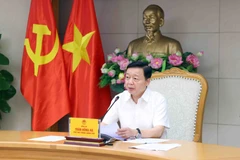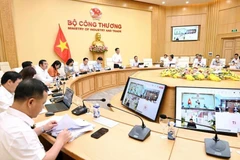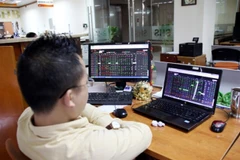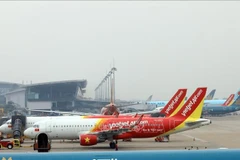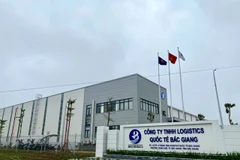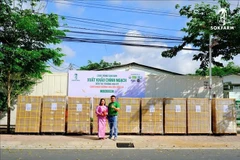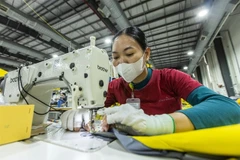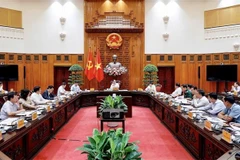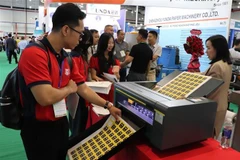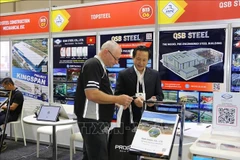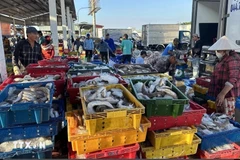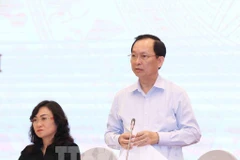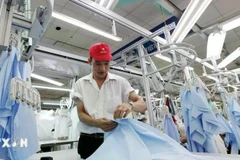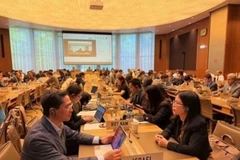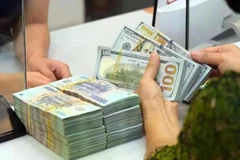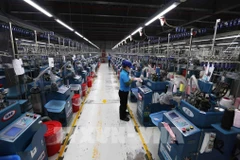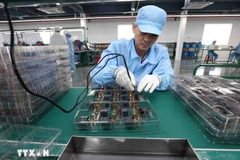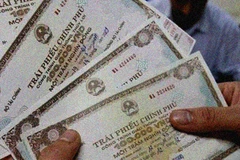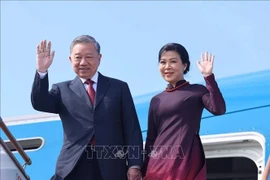Products subject to import restriction will includeconsumer goods, motorbikes, and vehicles with fewer than nine seats.The ministry has said it will try to limit these types of goods to 5.4percent of the country's total import value, roughly 6.6 billion USD.
Importsof precious stones and iron, as well as components of cars andmotorbikes will also be kept under 5.5 percent (8.7 billion USD).
Theministry said it will create favourable conditions for the importationof materials and parts to be used in local production. It estimated theimports will cost roughly 100 billion USD, up 14 percent over last year.
However,the ministry promised it will work with other relevant ministries toimprove current regulations and issue more incentives to encourageinvestment in local substitutes.
It will also ask relevantministries and agencies to restrict investment in non-productionsectors. State-owned groups, corporations and companies will be requiredto establish local production lines in a timely manner.
Theministry plans to speed development of areas dedicated to the processingof petroleum, coal, feed, fertiliser, chemicals, plastics, textiles,accessories, footwear and steel, which are currently all products withhigh import values.
The country this year is expected to spend roughly 121.8 billion USD on imports, up 15.2 percent over last year./.
